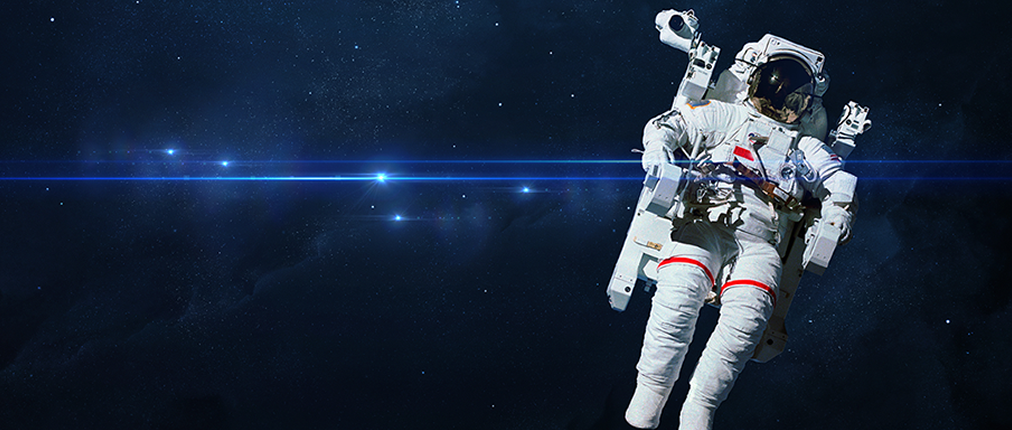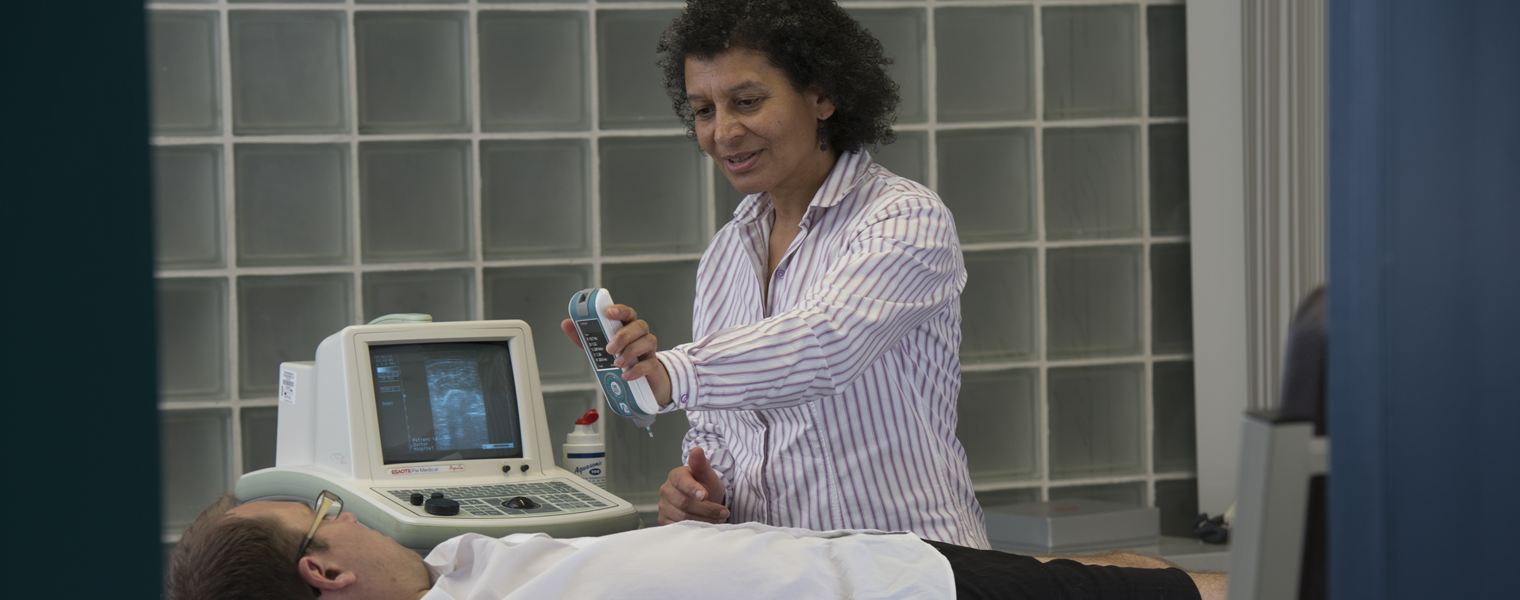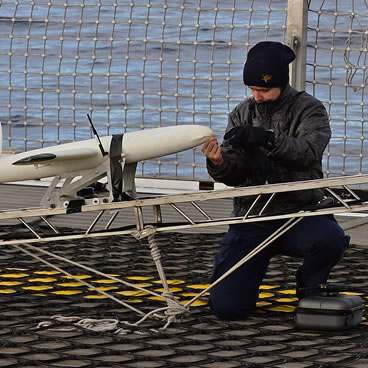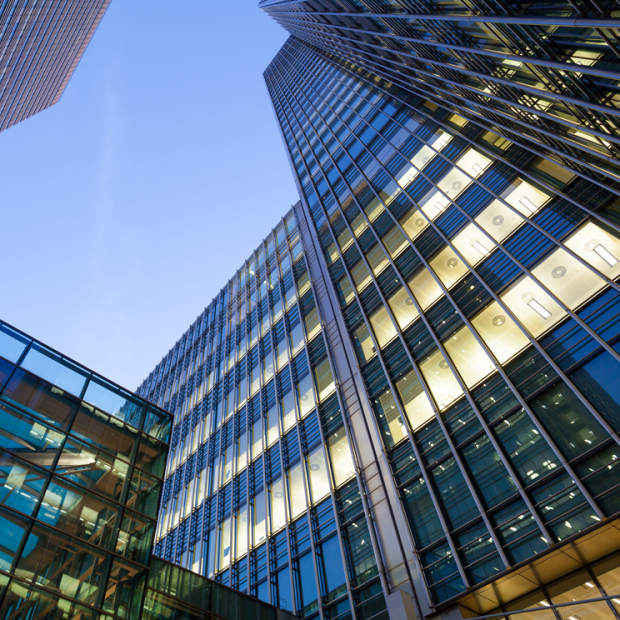Hartley News Online Your alumni and supporter magazine
Research undertaken at Southampton is breaking new ground across the world, and is also leading to innovations beyond the stratosphere.
From combining the fields of health science and space exploration to developing new satellite propulsion systems – our people are making a difference across the globe and beyond.
It was as a PhD student that Dr Angelo Grubisic (PhD Engineering Sciences, 2010), Lecturer in Astronautics and Advanced Propulsion, nurtured his interest in astronautics. After spending four years in industry developing spacecraft electric propulsion systems at the Jet Propulsion Laboratory for NASA, and at QinetiQ for the European Space Agency, he came back to the University to develop his talent and inspire a new generation of astro-engineers.
Developing enhanced facilities on campus and forming a collaboration with Surrey Satellite Technology System, Angelo’s work has now led to the creation of a more fuel-efficient propulsion system for commercial spacecraft.
He explained: “My motivation has always been to enable more fuel efficient spacecraft.
“These spacecraft are hugely expensive infrastructure assets, typically costing more than £300m with hardware that needs to last 20 years in a hostile environment. We are developing more fuel efficient on-board propulsion systems to keep them in the right place in orbit and positioned correctly, so that they can continue to broadcast things like satellite TV, meteorological data and satellite navigation systems.”
The team has developed a system that eliminates the need to use highly carcinogenic and costly propellants, instead relying on inert gases to power the craft.
Angelo believes the project could literally get off the ground with a test flight predicted within the next three years. The technology is patent pending and in licensing negotiation with a US company. He described how existing and test facilities that he has been developing since he has been back at the University have made the research possible.
“It is about initiative, it is seeing what great facilities we have and how we can best use them by bringing them together into a unique project,” he added.
Meanwhile the emerging field of space travel could in the future be supported by research undertaken at Southampton.
Maria Stokes, Professor of Musculoskeletal Rehabilitation at the University, is heading up a team examining research in the fields of both astronaut reconditioning and the care of patients with musculoskeletal and neurological disorders, in a bid to find mutually beneficial lessons.
It is the prolonged periods in space that have prompted the drive to further investigate what more can be done to help recondition astronauts when they return after lengthy periods in micro-gravity conditions.
To further this research the European Space Agency set up a topical team of experts from several countries to help decide what research is needed to develop the most effective reconditioning exercise programmes.
Its findings could be relevant to the emerging Space Tourism sector, where members of the public will need preparation and reconditioning programmes to suit their particular levels of health and fitness.
Find out about more of the University’s world-leading research by reading our Research highlights.
Have your say
The poll in this article is optional and anonymous. The polls are covered by Ethics 17326




